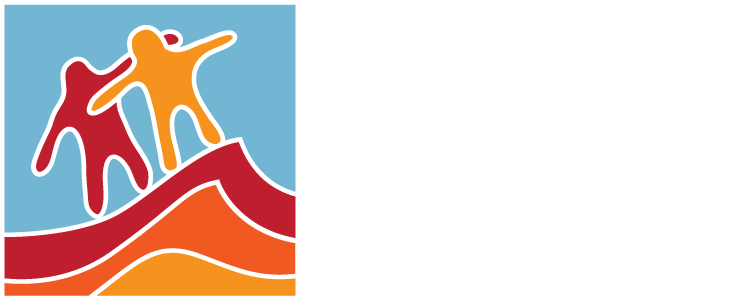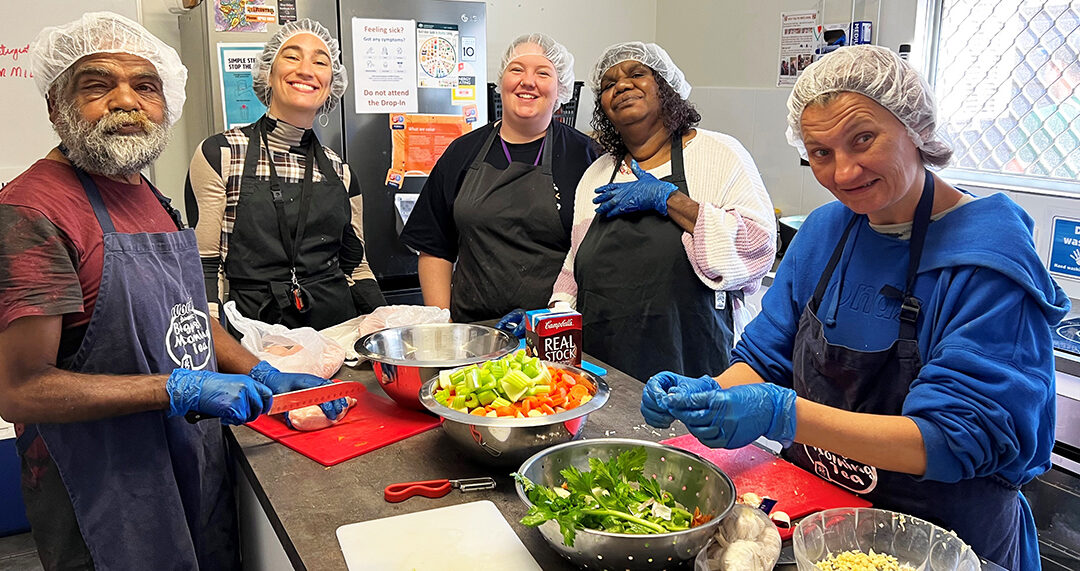
March Group Activities Calendar
This month we have a new group for Aboriginal and Torres Strait Islander women that creates a safe space to share your story about what is happening currently with your personal mental health journey of recovery. It also gives you the opportunity to meet other women...
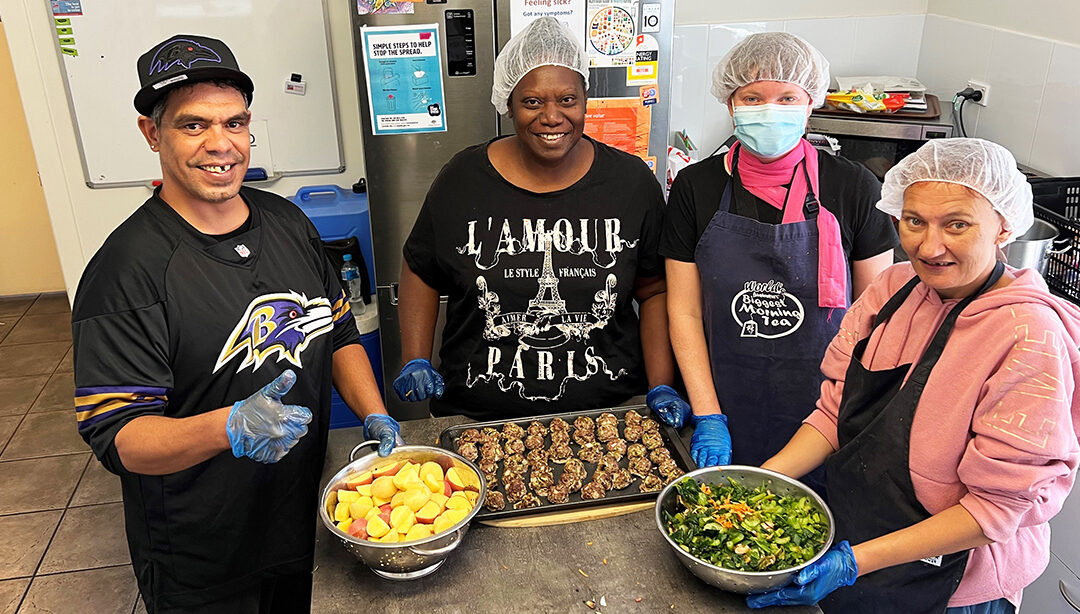
February Group Activities Calendar
Swimming is a weekly activity on Wednesday's this month, and Lutheran Care will be visiting MHACA and providing financial support on 17 and 27 February for MHACA participants. Download the February Group Activities Calendar Call 08 89504600 or...
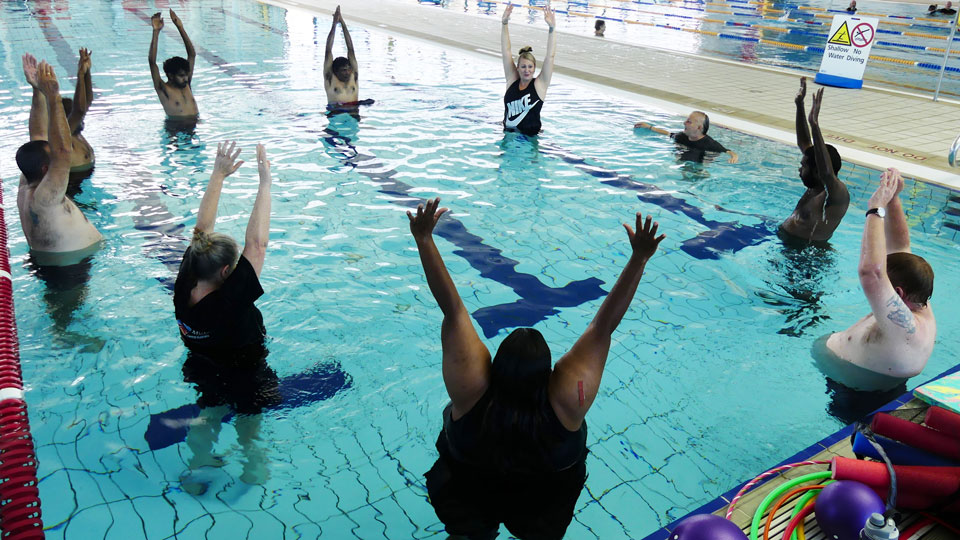
January Group Activities Calendar
Download the January Group Activities Calendar Call 08 89504600 or email info@mhaca.org.au to enquire about group activities. Email intake@mhaca.org.au to enquire about an intake interview, or download a referral form. In addition to structured activities, a Drop-in...
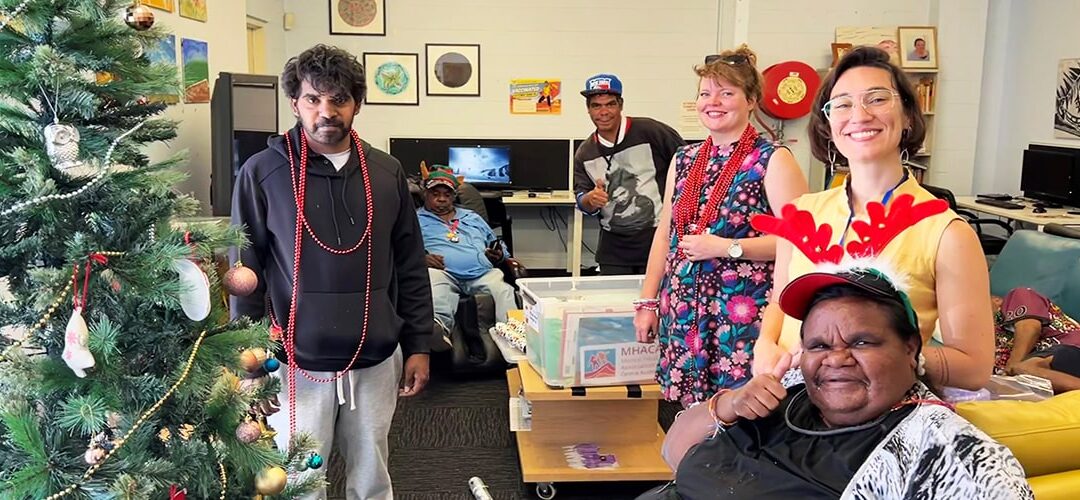
December Group Activities Calendar
With Christmas approaching we have some special activities as part of our group activities calendar this month: Thursday 1 December - Christmas Tree Decorating @ MHACA Friday 9 December - ASTC Christmas Night Markets Wednesday 21 December - Participant Christmas Lunch...
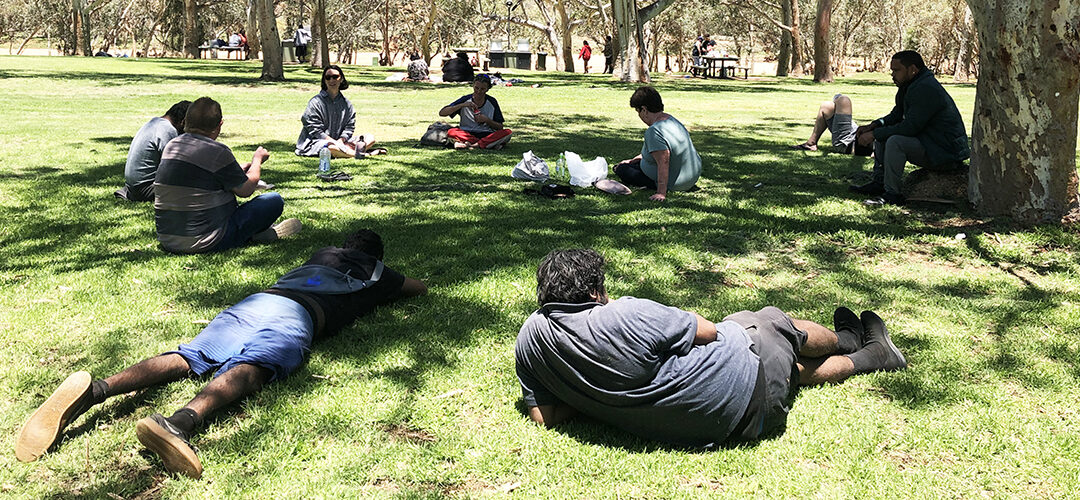
November Group Activities Calendar
There are two new group activities this November! WELLBEING THROUGH STORYTELLING Join Carmel each week and connect with others through writing, telling and listening to short stories in a safe and guided practice. YOGA AND WELLNESS Calm your body and mind with Aaron’s...
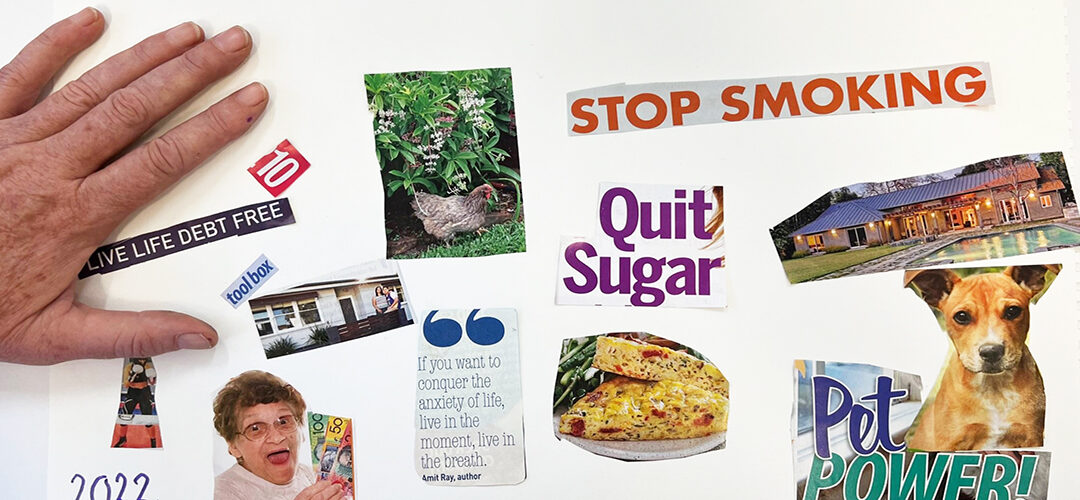
October Group Activities Calendar
The monthly Group Activities program provides a range of therapeutic activities for people living with mental illness. It provides a focus on educational pursuits, personal development, living skills, social connection and includes recreational outings. The program is...
